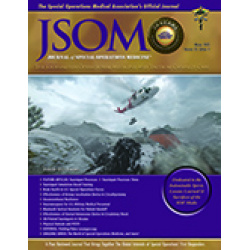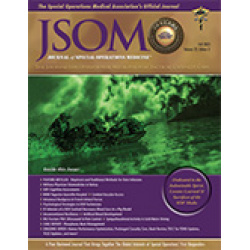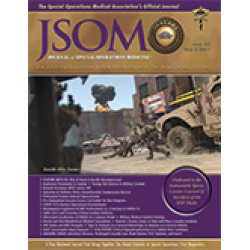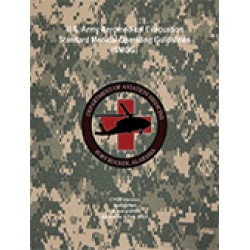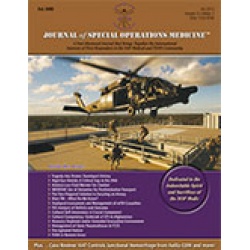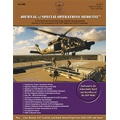Latest Products
Cultural Self-Awareness as a Crucial Component of Military Cross-Cultural Competence
Pappamihiel CJ 13(3). 62 - 69 (Journal Article)
The military forces in the United States represent a unique culture that includes many subcultures within their own military society. Acculturation into the military often deemphasizes the influence of personal narrative and thereby establishes the primacy of military culture over personal cultural influences. The authors make the argument that military personnel need to further develop an understanding and appreciation of personal cultural narrative as well as organizational culture. The increased integration of military personnel with interagency partners, along with cooperative efforts between relief organizations, and nongovernmental organizations in politically/economically unstable areas around the globe serves to make cross-cultural interaction unavoidable in the future. Military medical personnel are especially likely to interact with others who have culturally different values. These interactions can occur between organizations as easily as they can during patient care. They must be able to step outside of their military culture and develop cross-cultural competence that is grounded in cultural self-awareness. Without an appropriate level of cultural self-awareness, military and medical personnel run the risk of being unable to communicate across dissimilar cultures or worse, alienating key stakeholders in collaborative operations between military services, coalition partners, and nonmilitary organizations. It is the authors' contention that unless military personnel, especially those in the medical arena, are able to appropriately self-assess situations that are impacted by culture, both their own and the other personnel involved, the resulting cultural dissonance is more likely to derail any significant positive effect of such collaborations.


 Español
Español 